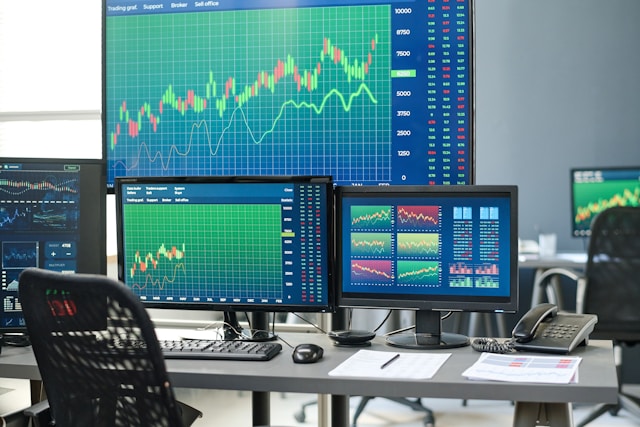Test- FTSE 100 Kicks Off August on a High as BP and Senior Lead Market Momentum
$11
10 Oct 2025, 13:13


Deutsche Bank, historically one of Wall Street’s most optimistic voices on equities, has significantly reduced its year-end target for the S&P 500, citing escalating economic strain from the ongoing U.S. trade conflict. The bank has slashed its forecast for the benchmark index from 7,000 to 6,150 — a sharp downgrade that reflects growing concern over the financial toll of protectionist policies. Additionally, the firm cut its 2025 earnings-per-share (EPS) estimate for the S&P 500 from $282 to $240, implying a 5% drop from the previous year’s earnings figures. In a client note, Deutsche Bank analysts pointed to several key drivers behind the revised outlook. These included limited flexibility among overseas suppliers to absorb higher tariffs, reduced trade with China, and potential retaliatory measures that could hurt American companies’ international revenues. “The announced tariffs are likely to hit U.S. corporations the hardest,” analysts wrote, adding that the economic repercussions are "significant and disproportionately domestic." Further pressure is expected from sluggish global growth and heightened policy uncertainty, both of which are likely to erode corporate profits and investor confidence. Although the S&P 500 continues to hover near record highs, Deutsche Bank flagged the potential for increased market volatility. It now sees the index trading within a broad range between 4,600 and 5,600 in the coming months. “The lower end of this range reflects a typical recession-driven drawdown of around 25%,” the report noted. “Conversely, a rebound to the upper band would suggest a return to more neutral investor positioning.” The bank also warned that any benefits from short-term fiscal measures would likely be limited, especially when compared to the drag caused by trade barriers. “The upside from stimulus is likely to be overshadowed by tariff-related losses for corporate America,” analysts added. Still, Deutsche Bank maintains a cautiously optimistic base case that includes a potential year-end rally — provided there’s a meaningful de-escalation in trade tensions. The analysts suggest that a shift in policy may require a notable dip in political approval ratings, possibly into the low 40s or mid-30s. “The main downside risk is that a policy change doesn’t come in time to prevent the deeper impacts of a recession,” they concluded.